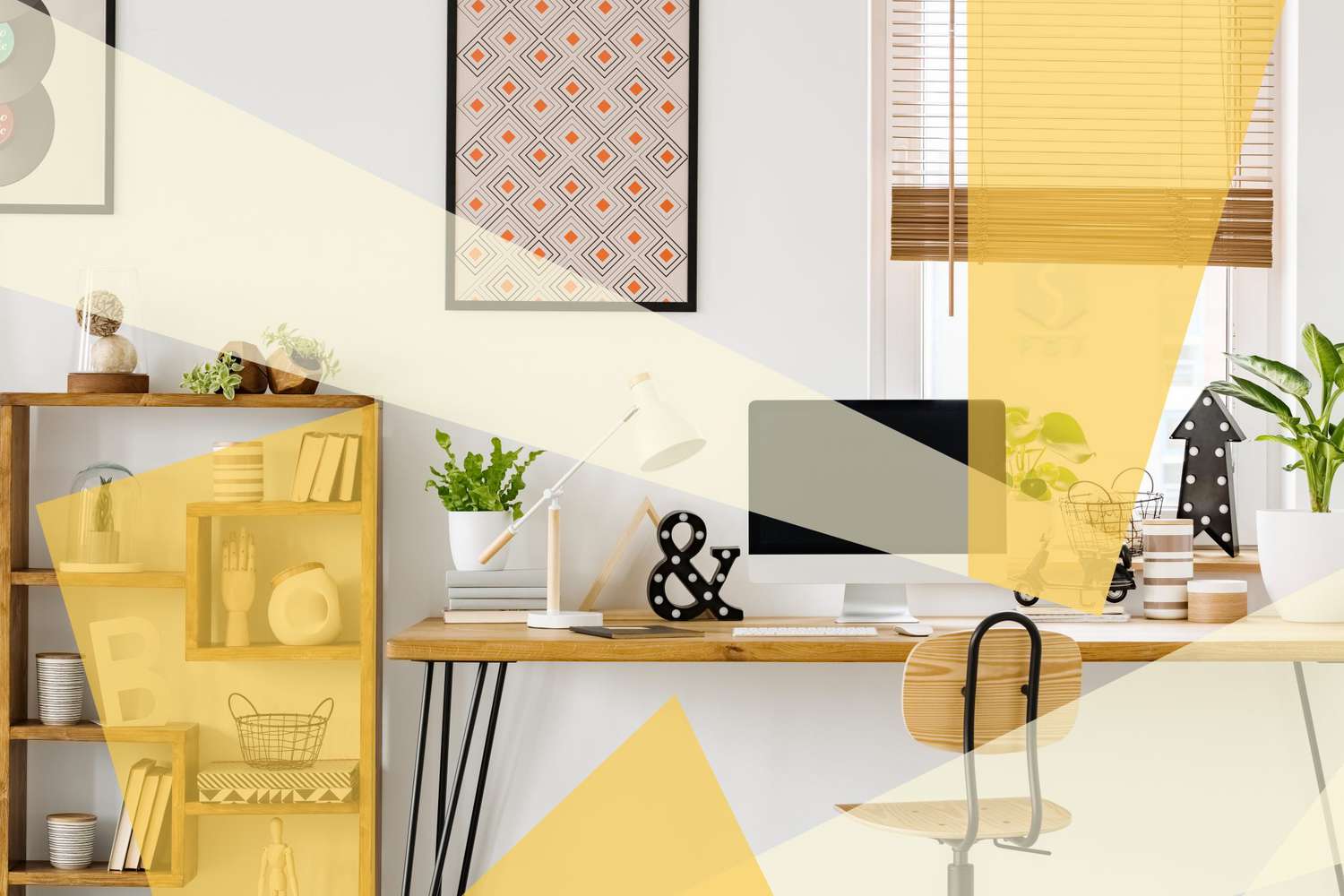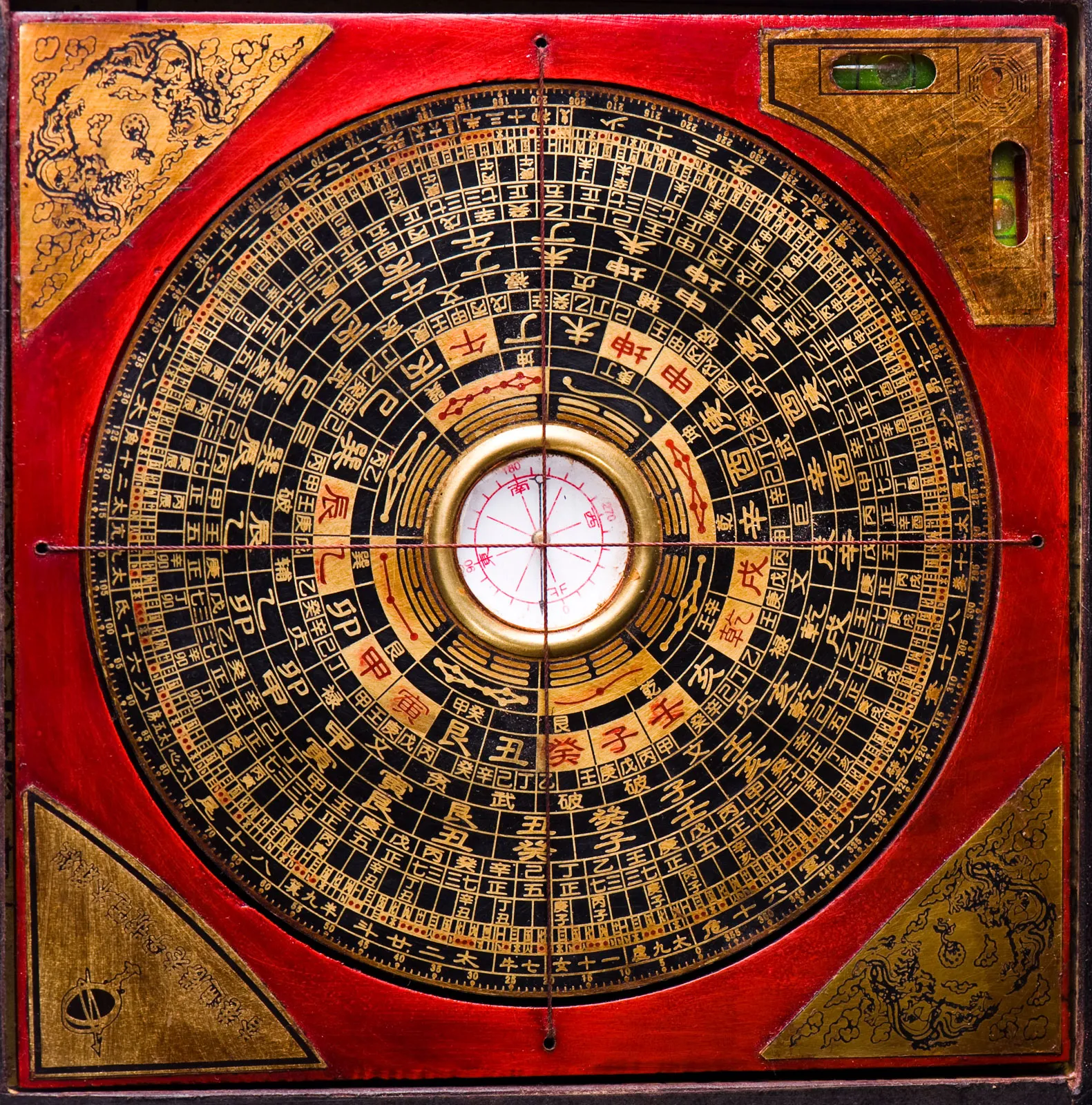Table of Content
▲Have you ever observed how people express the issues in their lives using phrases from the construction or housing industries?I keep slamming against brick walls.I'm constantly exhausted.I sense that I've been forced into a corner. According to Karen Rauch Carter, a feng shui expert and the author of Move Your Stuff, Change Your Life from Naples, Florida, "How we discuss our lives is often very easily described with words that correspond directly to our environment." According to Carter, how you perceive your surroundings might affect how you think and act in daily life. Feng shui can be used as a tool to help you construct a setting that supports your pursuit of wellbeing and makes you feel good about yourself. According to the National Geographic Society, feng shui is the arrangement of structures and items as well as the management of space inside a room to produce harmony and balance. It has its roots in ancient Chinese culture, specifically in Taoism. The use of objects, color, or placement to rewire your subconscious to align with a healthier mindset is a more modern interpretation of the approach, according to Laura Cerrano, a certified feng shui consultant based in Manhattan. While balance and energy flow or life force (also known as "chi" or "qi") are important in modern feng shui practices, she says. According to Cerrano, "the exterior of the home or workplace influences the interior of the person." Therefore, read on to learn more about how to use feng shui's guiding principles to create a mindful and peaceful home that you can really feel good in, regardless of whether you spend time at home, need to set up multiuse spaces (like a bedroom-office or TV room-gym), or are simply trying to bring positive energy and create healthy spaces where you can practice self-care.
What Are the Main Principles of Feng Shui?
 Feng shui experts believe the practice can help you create a more positive environment, though scientific research is lacking.[/caption]
Feng shui experts believe the practice can help you create a more positive environment, though scientific research is lacking.[/caption]
Yin and Yang Energies
This refers to the Chinese philosophy that everything is composed of opposite and complementary energies — for example, feminine and masculine, dark and light, or cold and warm, according to World History Encyclopedia.The 5 Elements
The National Geographic Society states that the primary energy categories in feng shui are wood, fire, earth, metal, and water. Each element has an impact on how the place makes you feel, and objects and room features can fall under one or more elemental categories. For instance, if you want to decorate with the wood element, which symbolizes growth and is linked to wealth, you might choose to use wood furniture or live plants; if you want to decorate with the earth element, which symbolizes stability and is linked to relationships, you might use earthy colors like yellows and browns.The Bagua Map
In Mandarin, the word "Bagua" signifies "eight areas". (Feng shui practitioners typically split the room into nine zones for practical reasons, according to Cerrano.) To arrange your space, experts overlay a floor plan or room in your house with the grid-like bagua map, or compass. Each section has corresponding forms, elements, and colors to concentrate on inside it that are related to particular human life situations, such as profession, health, and family.Colors
You can use the bagua map to decide what colors to use in a place. For instance, according to Cerrano, you may use purple, some greens, and some blues in your house's "Wealth and Abundance" room (perhaps your home office), as these hues are typically associated with the energy of success.The Commanding Position
One of the more fundamental ideas is this. This can be used to select where to place furniture in a room, such as a desk, bed, or chairs. According to Cerrano, if at all possible, your workstation should have a clear view of the entrance to the room. Another benefit is having a wall without any furniture immediately behind you while you work. "This wall represents a mountain to support your back and give you confidence as you're making decisions in business," she explains.Mirrors
You can hang mirrors strategically when you might not otherwise be able to follow feng shui principles. For example, says Cerrano, if you must set up your desk with your back to the doorway, you can use a mirror that provides a view behind you, so you can “watch your back.” There are certain places where you may not want to place a mirror. “Mirrors equal water, so watch where they’re placed,” adds Carter. For instance, a mirror above your bed or hung above nose level is not appropriate, because you want to “keep your head above water”; this metaphor refers to avoiding debt or losing money on your home. Poor mirror placement may also make it feel more difficult to get up in the morning. That said, expert advice on mirror placement may differ from person to person.What Are the Purported Benefits of Feng Shui?
Is There Any Published Research on the Health Benefits of Feng Shui?
What Are the Limitations of Feng Shui?
How to Practice Feng Shui in Different Parts of Your Home
Bedroom
“The bedroom has two functions: sleep, and passion or relationship building,” says Carter. To that end, remove workout equipment, ironing boards, and hobby gear (like sewing kits or musical instruments) from your bedroom. Plus, adds Carter, “No one’s eyes should be in the room, other than those of the people sleeping there.” Take anything that could represent an eye (such as a sculpture, or photos of your family) out of the room to apply the principles of feng shui to your bedroom. Also, put your bed in a commanding position, meaning you should be able to see the bedroom door, though the bed should be placed directly in front of it. Make sure you have a solid headboard for proper support. If you live with a partner, two matching nightstands, each with a lamp, indicates that two people live there, says Carter.Living Room
According to Carter, placing furniture in a position that faces a door or entranceway is thought to be authoritative (or commanding). This entails setting up chairs such that their backs—and yours—are against a sturdy wall rather than floating in the middle of the space. Although you shouldn't stand right in front of the entryway, you should be able to see who is entering, she advises.Kitchen
Removing clutter is important in feng shui, and that applies to any room in your home. The kitchen is a good place to begin. Start by clearing expired or unused items out of your pantry and refrigerator, and get rid of single-use appliances and tools that you never cook with. “Space equals opportunity,” says Carter. By getting rid of things, you clear the way for other things to come into your life.Bathroom
If your bathroom shares a wall with your bed’s headboard, place a mirror on that bathroom wall, facing outward, to “push out” the “down the drain” energy created by the plumbing, says Carter. Within the bathroom itself, make sure it’s a place that feels relaxing and nice to be in, adds Cerrano. You can do this in any way you see fit, whether that’s with plush towels, a nice candle, or a relaxing paint color.Home Office
Try to set your desk in a commanding position first. Then, examine the items that are hanging on your walls. According to Carter, if any of the works of art or photographs include water elements and the water line is higher than your nose, you can feel as though you're "underwater"—drowning in your obligations or unorganized and chaotic. "Place water images in their natural habitats. She suggests that you hang them lower than your nose level again because "we don't normally live below water."Summary
FAQs
Q. What does feng shui literally mean?
Q. Is feng shui good luck?
It was actually developed in ancient China as a way to welcome harmony, luck, and wealth into the environment. The aim of using Feng Shui is to enhance people's auspicious life situations.








_1771582392.webp)
_1771577585.webp)